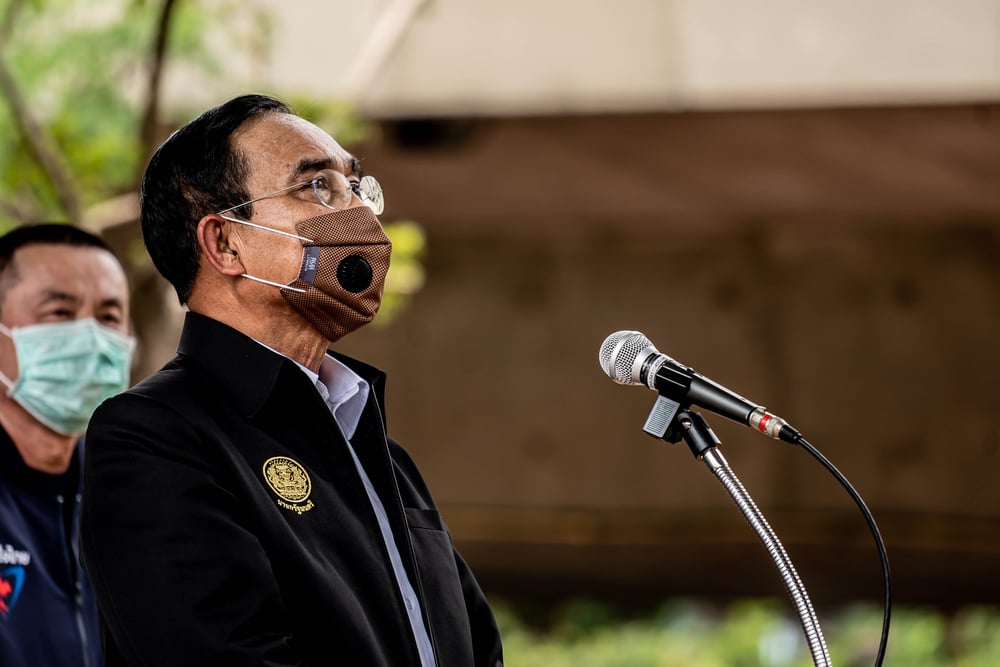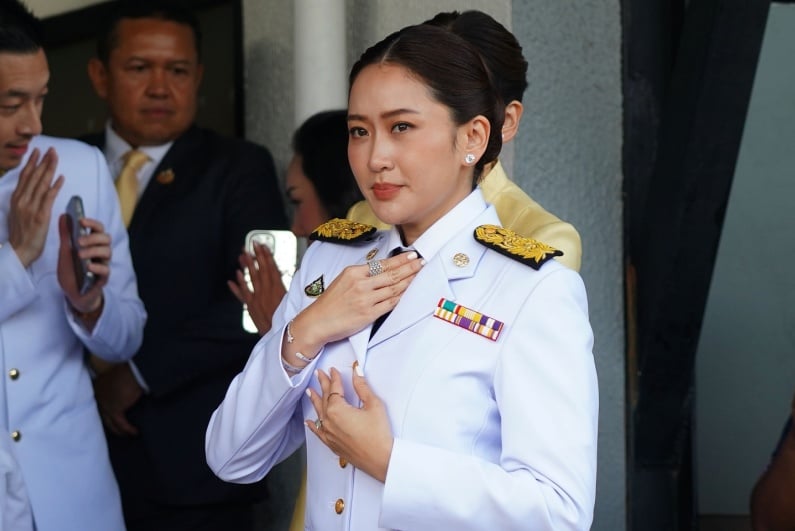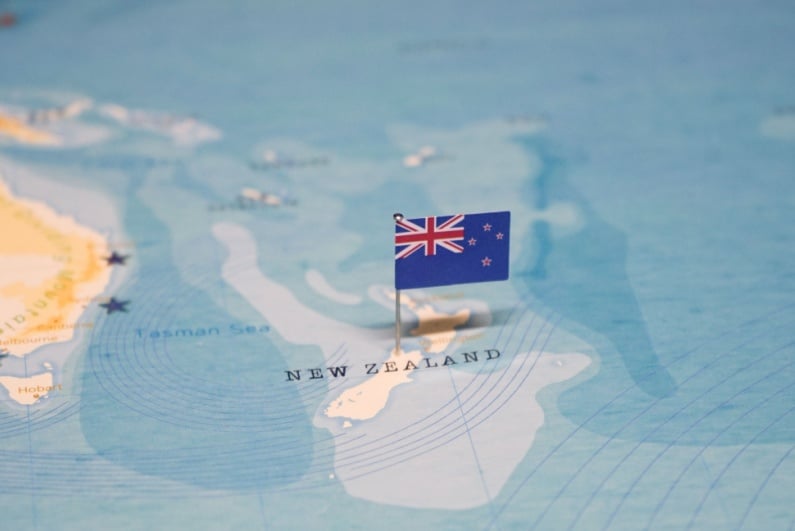Initiating conversations
Thailand’s Prime Minister Prayut Chan-o-cha has confirmed he is ready to consider a legal gambling market for the country. The move comes after police traced a recent outbreak of COVID-19 to illegal Thai gambling dens.
public discussions to weigh up the pros and cons of gambling legalization
In Thailand, wagering on the state lottery and horse betting through the Bangkok Turf Club are the only legal forms of gambling. According to a report from the Bangkok Post, Prayut plans to hold public discussions to weigh up the pros and cons of gambling legalization, despite being opposed to the idea himself.
Taweesilp Visanuyothin, a spokesman for Thailand’s Centre for COVID-19 Situation Administration (CCSA), said the Prime Minister – and CCSA chair – outlined his intention to open gambling discussions during a meeting last Friday. He said a key factor in the debate would be whether Thai citizens think gambling is morally acceptable.
Gambling dens and COVID-19
Despite previously containing the virus with relative success, Thailand has experienced a recent wave of new COVID-19 infections. In part, authorities attributed this to migrants crossing into Thailand without undergoing the required 14-day quarantine. However, Thai police believe illegal gambling dens have also played a significant role.
Thai police traced some recent infections back to “superspreader” events in the country’s illegal gambling establishments, including ones in Bangkok – the epicenter of the new outbreak. Authorities have increased efforts to crack down on such operations as a result. Last week, they arrested 21 people at an illegal casino in Pattaya. This was just one of a number of raids around the Bangkok area.
Although Prayut intends to curb illegal dens, Thailand’s Stop Gambling Foundation (SGF) has argued that introducing a legal market could have the opposite effect. In reaction to the Prime Minister’s support of open discussions, the SGF said there is a danger that introducing gambling legislation could grow both the legal and illegal markets. Group secretary Thanakorn Komkris said illegal dens will attract those unable to bet through legal means because of their “rigorous standards”.
Thailand’s gambling market potential
The death of Thailand’s King Bhumibol Adulyadej in 2016 opened the door for Thai legislators to consider the introduction of legal gambling. However, any attempts to introduce such legislation have so far have proved unsuccessful.
more than half of the country’s population engaged in gambling activities
That said, Thailand already boasts a booming gambling market, albeit mainly through illegal means. A study into Thai gambling in 2019 found that more than half of the country’s population engaged in gambling activities. From 2017 to 2019, the number of gamblers increased by 1.4 million, with the majority of bettors aged 19 to 25. Illegal activities, such as underground lotteries and soccer betting, were the most popular forms of gambling.
Casino operator Las Vegas Sands has also noticed the market’s potential. In 2015, the company expressed its interest in opening a casino property in Thailand if the country were to introduce a legal market. The operator even invited a number of Thai journalists to its Marina Bay Sands resort in Singapore to witness its contribution to the city-state. However, at the time Prayut opposed any plans for legal Thai casinos.




